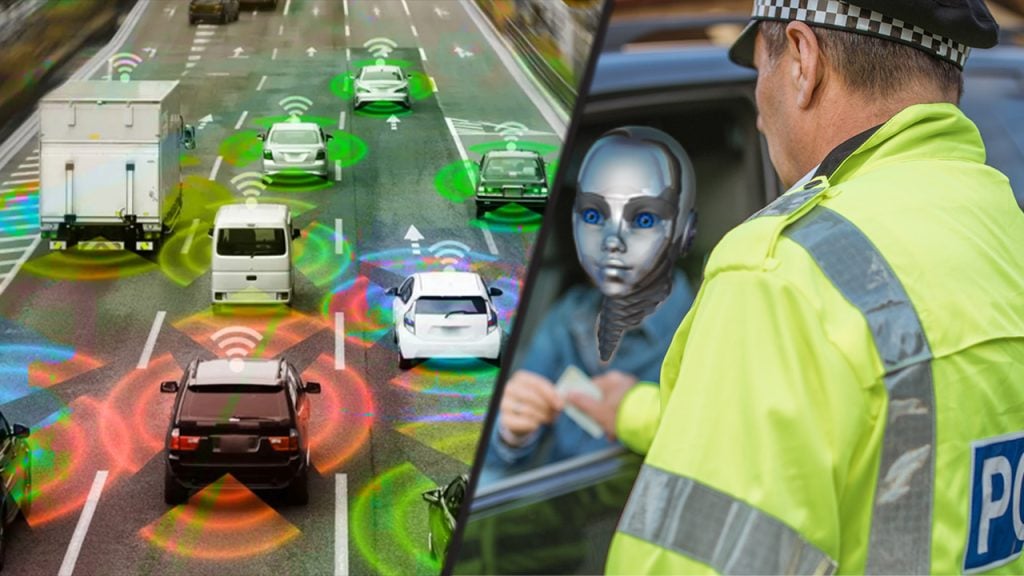Autonomous driving technologies are becoming more widespread with each passing day. Today, many companies are testing their self-driving vehicles in cities where they have permission to operate. However, this technology also brings up some problems. For example, who is to blame when these not yet perfect cars make a mistake? In China’s Hangzhou province, there is growing concern about the increasing number of self-driving cars, authorities are considering the idea of penalizing vehicle owners or managers for traffic violations committed by these cars. Here are the details…
Who’s Responsible When Self-Driving Cars Breaks the Law?
As self-driving car technology continues to develop rapidly, fully autonomous driving is becoming increasingly popular. For example cities like Chicago, Los Angeles, Beijing, and Hangzhou have even started self-driving car trials. But there’s a lingering question: If a self-driving car breaks a traffic rule, who’s to blame? The passenger or the car’s owner? Should they be fined?

A recent report reveals that the city of Hangzhou has submitted a draft proposal focused on the testing and use of smart, connected vehicles. This draft outlines two key points:
- All smart, connected vehicles must link to a central management platform.
- A liability framework is established to handle legal and regulatory issues.
If a self-driving vehicle without passengers commits a traffic violation, the owner or manager of the vehicle will be fined as per the law. Additionally, the organization responsible for testing and using the vehicle will have to cover the costs of any accidents they’re liable for. Of course, this idea is not new; in the U.S. car owners are already held responsible for any accidents caused by their self-driving technology. The rules in Hangzhou are still a draft and may change, but they show the city’s plan for regulating these vehicles.
However, the debate is not over. Some say it’s unfair to blame the owner for mistakes made by a car they’re not driving. Others argue that since the owner is in charge of the vehicle, they should be held accountable for any mistakes. It remains to be seen how these new rules in Hangzhou will actually work, but they’re a big step toward making self-driving cars safer for everyone. Especially when you consider how advanced China is in this area.
What are your thoughts on this subject? In the event of an accident, who do you think should be held responsible: the owner of the vehicle or the person who developed the technology?
RELATED:
- Best Smartwatches with ECG in 2023 – Pixel, Garming, Apple &…
- Tesla Faces Data Privacy Concerns in China as it Prepares to Launch Full Self-Driving
- BYD Playing Catch-Up in Autonomous Driving Race, But Has a Secret Weapon
- Apple Co-founder Criticizes Tesla: “AI Wants to Kill You!”
- Apple Autonomous Vehicle Program Grows to Over 200 Drivers with One Minor Collision
(soource)







